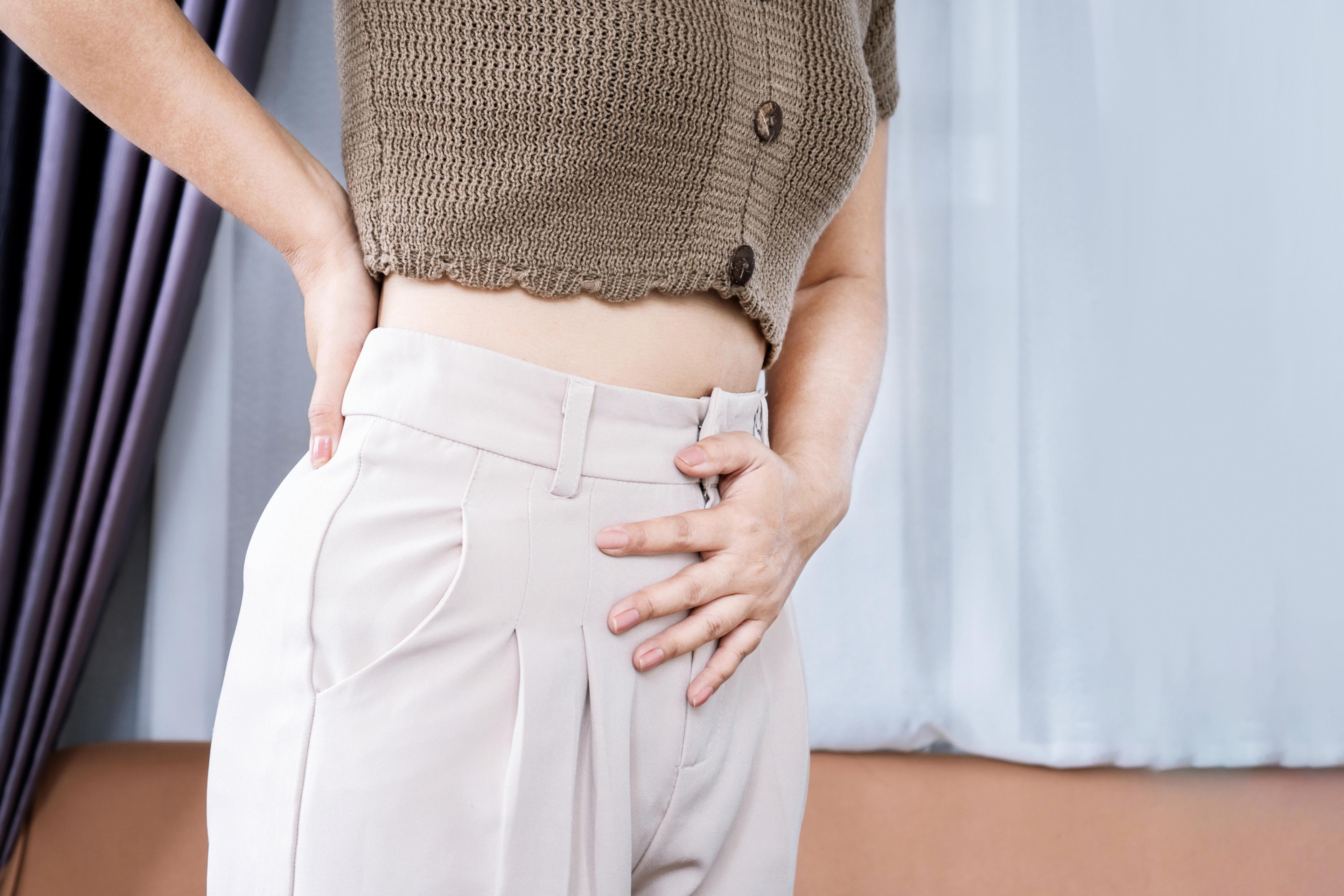Can Constipation Cause Back Pain?

Jake Newby
| 3 min read
Jake Newby is a brand journalist for Blue Cross Blue...

Key Takeaways
- The pressure caused by a buildup of stool in the colon can occasionally put pressure on nerves in the lower spine, causing back pain.
- Although rare, irritable bowel syndrome can also lead to back pain.
- Back pain with loss of bowel and/or bladder control is an immediate medical emergency that requires immediate care.
Individually, constipation and lower back pain are common conditions that plague millions of people. When you experience symptoms of these issues at the same time, it’s natural to wonder if they are related.
Having these issues at the same time could be purely coincidence, but there are certain circumstances in which constipation and back pain are connected.
What is constipation?
Constipation is the most common gastrointestinal problem, according to John Hopkins Medicine. It can occur in several ways. You may be constipated if you:
- Struggle to relieve bowels, despite feeling a sensation you are ready to go.
- Have fewer than three bowel movements a week.
- Produce hard, dry and small pieces of stool.
- Straining or pain when passing stools.
- Feeling like not all stool has passed.
A lack of dietary fiber, fluids and exercise can all cause constipation, according to the Mayo Clinic, which defines chronic constipation as having two or more of the above symptoms for three months or longer.
Can constipation cause back pain?
While constipation isn’t a common cause of back pain, occasionally, the pressure caused by a buildup of stool in the colon can in turn put pressure on nerves in the lower spine, according to the Cleveland Clinic. If you have constipation and simultaneously feel dull, achy pressure in your lower back, constipation may be the root issue.
Constipation is a prominent symptom of irritable bowel syndrome (IBS). Those who suffer from chronic constipation may even experience a subset of IBS known as irritable bowel syndrome with constipation, or IBS-C.
Although rare, IBS can sometimes cause lower back pain. Back pain in individuals with IBS can be a form of referred pain, which occurs when you feel pain in a different area of the body than the original source of the pain. In this example, the pain would start in your gut, but you may would eventually feel it in your back.
Fecal impaction, which is relatively commonly in older adults, occurs when stool is stuck in the rectum. It most often occurs in people who are constipated for a long time. Medline Plus lists lower back pain as a possible symptom of fecal impaction.
Does back pain cause constipation?
While constipation can sometimes cause back pain and lower back pain, the conditions aren’t typically a comorbidity, because back pain rarely causes constipation, with a couple of exceptions.
Neurologic diseases like multiple sclerosis and Parkinson’s disease can affect nerves in the gut. One study determined two out of three patients with neurological disease develop bowel symptoms such as constipation over the course of their illness. The study also stated up to 95% of individuals with spinal cord injuries report constipation.
It’s also not typical, but medications prescribed to treat back pain-related diseases can affect bowel function, per the Cleveland Clinic. Constipation is a common side effect for pain relievers and muscle relaxers.
Call your primary care provider if you experience severe back pain that doesn’t show signs of improvement after one week. Back pain with loss of bowel and/or bladder control is an immediate medical emergency, and anyone with those symptoms should seek care immediately.
More from MI Blue Daily:
Photo credit: Getty Images





